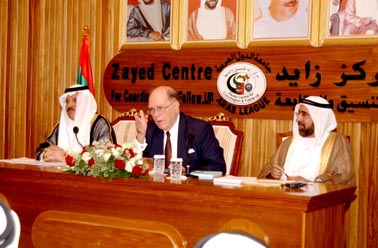Beethoven and Tragedy: The Coriolan Overture
Notes By Fred Haight
We have already talked about Beethoven’s sense of the heroic; and the power and optimism expressed in his Third Symphony, his only opera Fidelio, and the Egmont Overture.
However, an important part of trying to create a positive outcome for society, involves the study of tragedy. This does not refer to the way in which people use the term today, such as a natural disaster, but what happens when the flaws in both a leader and a society result in failure, or worse, betrayal?
Heinrich Joseph von Collin wrote his play, Coriolan, in 1804, the year that Napoleon crowned himself as Emporer. That same year, Beethoven scratched out the dedication of his Third Symphony to Bonaparte, lamenting that now Napoleon would become just another tyrant, and trample on the rights of men. That same year, Schiller premiered his last play, Wilhelm Tell, celebrating the ancient triumph of ordinary Swiss people over the threat of subjugation by the Hapsburg Empire.
In the next year, 1805, the French army occupied Vienna, and many of the city’s leaders left. Von Collin was an opponent of the French occupation, but also seems to have served as some sort of diplomatic liaison. In 1807, Coriolan was performed with a prelude composed by Ludwig van Beethoven. Von Collin was a classicist, familiar not only with Shakespeare, but with the ancient Greeks and Romans. Von Collin’s play is a Germanic rewrite of the ancient story of Gaius Marcius Corialanus, which Shakespeare also wrote about, in his play Coriolanus. We will use Shakespeare’s play Coriolanus, supplemented by the historical writings of Livy and Plutarch, to give a brief account of this tragedy of a flawed military leader and a flawed Roman Republic.
Gaius Marcius Coriolanus was promoted to General after showing great personal courage in defeating the Volscians at the city of Corioli, and was given the honorary name Coriolanus. He made an effort to seek higher political office, but had a deep flaw, in that he DESPISED the ordinary people—the plebeians. That was not just Coriolanus. There was a severe overall divide in the Roman Empire between the plebeians and the patricians. He had to win their approval to be promoted, but he absolutely refused to obey the standard ritual of showing them his war wounds. Worse, he was a speculator, who hoarded grain even while the people starved. He insulted the people, calling them “crows pecking at eagles”. As a result, Coriolanus, the war hero, was exiled from Rome. His wounded ego was so enraged that he went to his old enemies, The Volscians, and offered to lead their army in an attack on Rome. They marched together. The Romans were so freaked out that as Coriolanus and the Volscians approached, they sent Coriolanus’ mother (who had far too much influence on him), and his wife and children to talk him out of it. He relented. Thus, he became seen as a traitor by both the Romans AND the Volscians, who were at the gates of Rome. In Shakespeare’s play, he was murdered. In the Collin, he committed suicide.
If you read Shakespeare’s Julius Caesar, you see the same problem within the Roman Republic: a huge rift between the people and those in power—the plebeians and the patricians. The patricians had no respect for the plebeians, and the plebeians were fickle, having had no sense of loyalty to the patricians. In 1804, this history would be resonating in people’s minds, as the French Revolution descended into barbarism, with the “sans culottes” decapitating the aristocracy in droves, and as a great general, who promised to liberate the people, became a tyrant.
This performance of the Coriolan Overture is conducted by Wilhelm Furtwangler, recorded in 1943, as Germany and the world experienced an even worse tragedy.


























